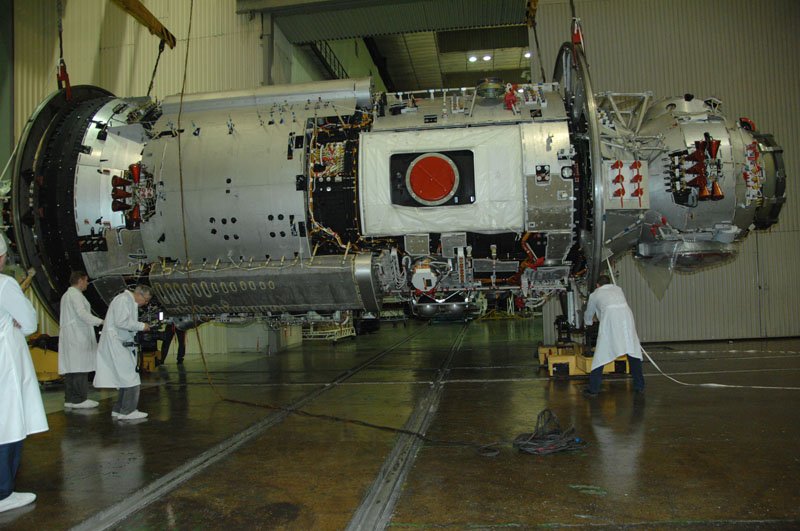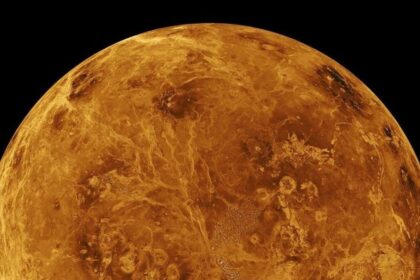Science

The dispatch of the Russian multifunctional laboratory module (MLM) “Science” to the ISS can be canceled, TASS writes. This was announced by an unnamed source in the rocket and space industry. The launch of this module has been postponed several times, the last one in March of this year. “Science” was left with the manufacturer, at the Khrunichev Center. The specialists of the Center found contamination in the fuel tanks of the module.
“The fuel tanks of the module again found contamination, which all these years tried to get rid of experts. It was decided within two weeks to assess the condition of the module’s systems and after that to report to the management of the conclusions for the decision to launch it. According to preliminary estimates, eliminating pollution and malfunctions allows the launch of the module not earlier than the end of 2018 – early 2019. It is possible that the launch will simply be canceled, “the source said.
Earlier, the launch of this module was planned for December of this year, and the project team noted the possibility of moving the start to the beginning of 2018. If the launch was scheduled for December, the module should be sent back to the Baikonur cosmodrome in March (prelaunch preparation of the module takes about 9 months). This did not happen, so the transfer or cancellation of the launch will take place with a high degree of probability.
In order to eliminate the contamination of the fuel tanks, they need to be cut, cleaned from the inside, and then welded. The duration of the cleaning works will be about a year. Previously, the launch of MLM was already postponed for the same reason. So, in 2013 the module was sent to the Khrunichev Center due to the fact that experts discovered extraneous particles in the system.
Another problem is that all the rubber elements of the module have become obsolete and do not meet the requirements. “As a result, no receiving body will subscribe to the document on acceptance of this module, will not take responsibility for the consequences on itself,” the TASS source said.
The module was started in 1995, 22 years ago. Initially, it was positioned as an understudy of the Zarya block, the first module of the ISS. After 9 years, in 2004 it was decided to convert it into a full-fledged flight module of scientific purpose with the launch in 2007. Since then, the launch of the module has been constantly postponed. The starting mass of “Science” is 20 tons. The creators of the module claim that it can accommodate up to three tons of scientific equipment. In addition, the module should provide a port for the docking of the Soyuz and Progress ships, and also ensure the transfer of fuel from the Progress tanks to the ISS.
After the launch of Science, two more modules will be launched to the ISS. The first is a nodal one, its dispatch is scheduled for 2018, the second – scientific and energy, it will be launched in 2019. Three modules in the event of the completion of ISS operation in 2024 should form the basis of the Russian orbital station.









